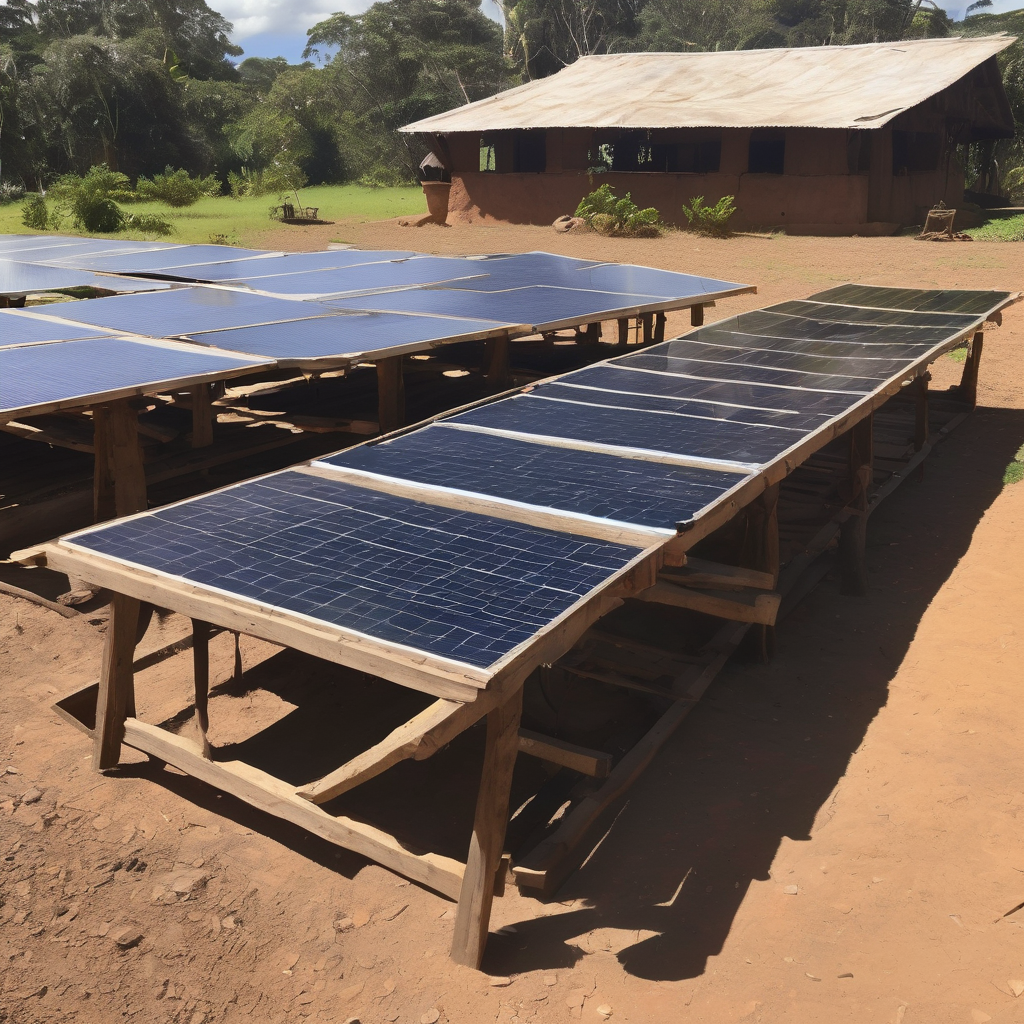For many individuals, farming is often seen as a last resort; a career driven by necessity rather than choice. Yet for 64-year-old Maikeli Ramaidama, farming has been a lifelong commitment since he first ventured into it at the age of 18. Raised in the tranquil village of Nagadoa, located in the Bua district of Dama, his dedication to agriculture has profoundly impacted his own life as well as the lives of those in his community.
For nearly fifty years, Mr. Ramaidama has relied on farming as his family’s primary source of income, funding everything from the construction of their homes to overseas travel and fulfilling community responsibilities. “I didn’t finish school,” he said, but he found strength in the land, which he describes as his teacher and provider.
His journey in farming began with yaqona, or kava farming, and he has navigated through numerous challenges linked to traditional drying methods. Mr. Ramaidama’s approach transformed dramatically when the Ministry of Agriculture and Waterways intervened, introducing the Yaqona Development Program that provided him with $5,000 worth of materials to create a solar dryer. This progressive step allowed him to dry yaqona within three days, thwarting the delays that rainy weather once imposed on his operations. “The solar dryer has been a blessing,” he expressed, underscoring the impact that innovation can have on traditional farming methods.
His commitment to yaqona farming has also enabled him to construct two houses, purchase a vehicle, and fund his son’s private education in New Zealand—a commitment that amounts to $40,000 per semester. Mr. Ramaidama reflected, “It still amazes me… All of these, my home, my son’s education, they have all come from the land.”
In addition to securing his family’s future, Mr. Ramaidama has been instrumental in spearheading projects that uplift his village. From upgrading the church to enhancing the community hall and constructing a kindergarten classroom, he is committed to ensuring that future generations have a solid foundation. Nevertheless, he acknowledges the ongoing challenges of farming, including aging, the threat of yaqona diseases, and market fluctuations. Yet his steadfast determination continues to motivate him. “I won’t always be strong enough to go to the farm and dry yaqona,” he noted, as he prepares the next generation to embrace the land’s potential.
Mr. Ramaidama has a message for youth: farming is not merely a fallback option, but a viable opportunity for success. “You don’t need a university degree to succeed,” he asserted. “If you make use of the land, you can achieve great things. I am proof of that.”
This story resonates alongside the experiences of younger farmers like Petero Maciu, a 21-year-old from Nawi village, who is inspiring fellow youths to utilize empty land for sustainable living. Maciu began farming at a young age and now manages over five acres where he grows yaqona, root crops, and various vegetables. His journey illustrates that commitment to agriculture can lead to significant financial outcomes, echoing Mr. Ramaidama’s sentiments about the value of land and hard work.
These two farmers demonstrate the potential of agriculture in transforming lives and communities. Through their dedication and innovative practices, they not only work towards sustainable livelihoods but also create opportunities for future generations, instilling a sense of hope and possibility within their communities.
